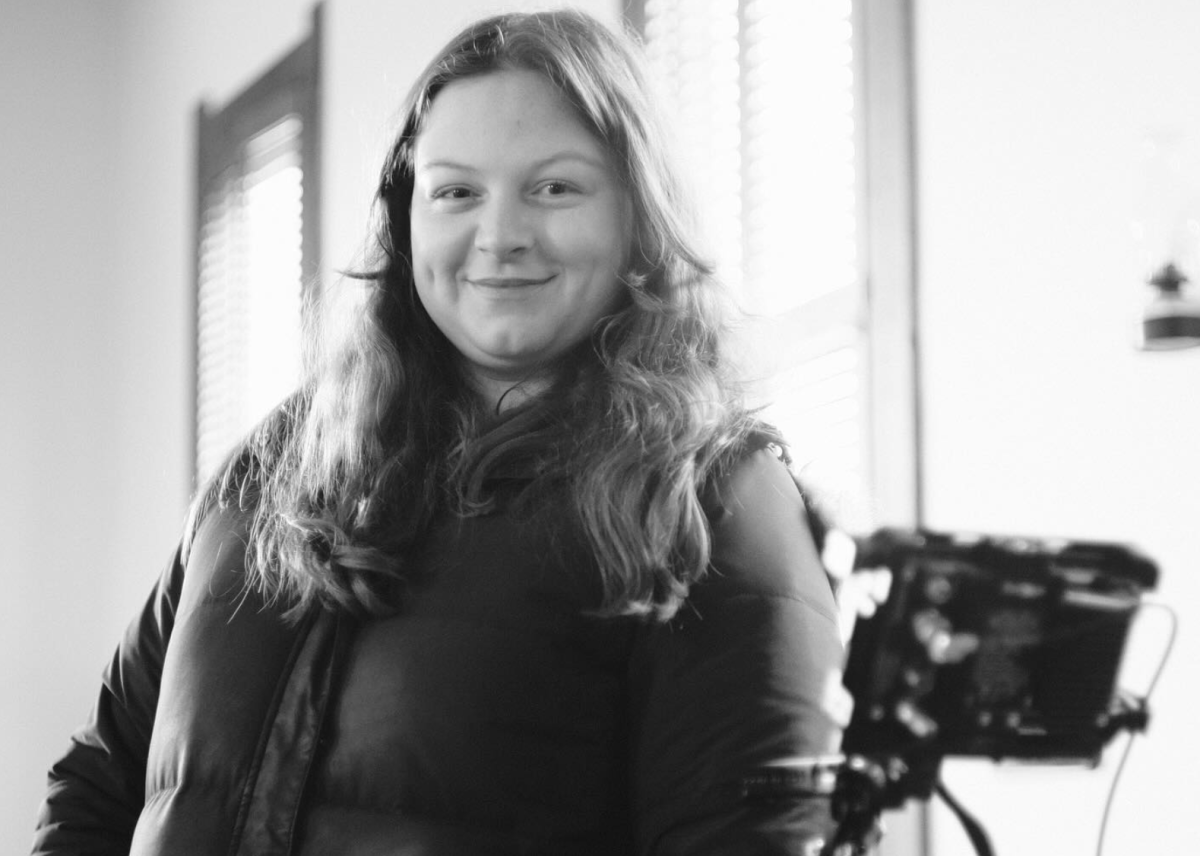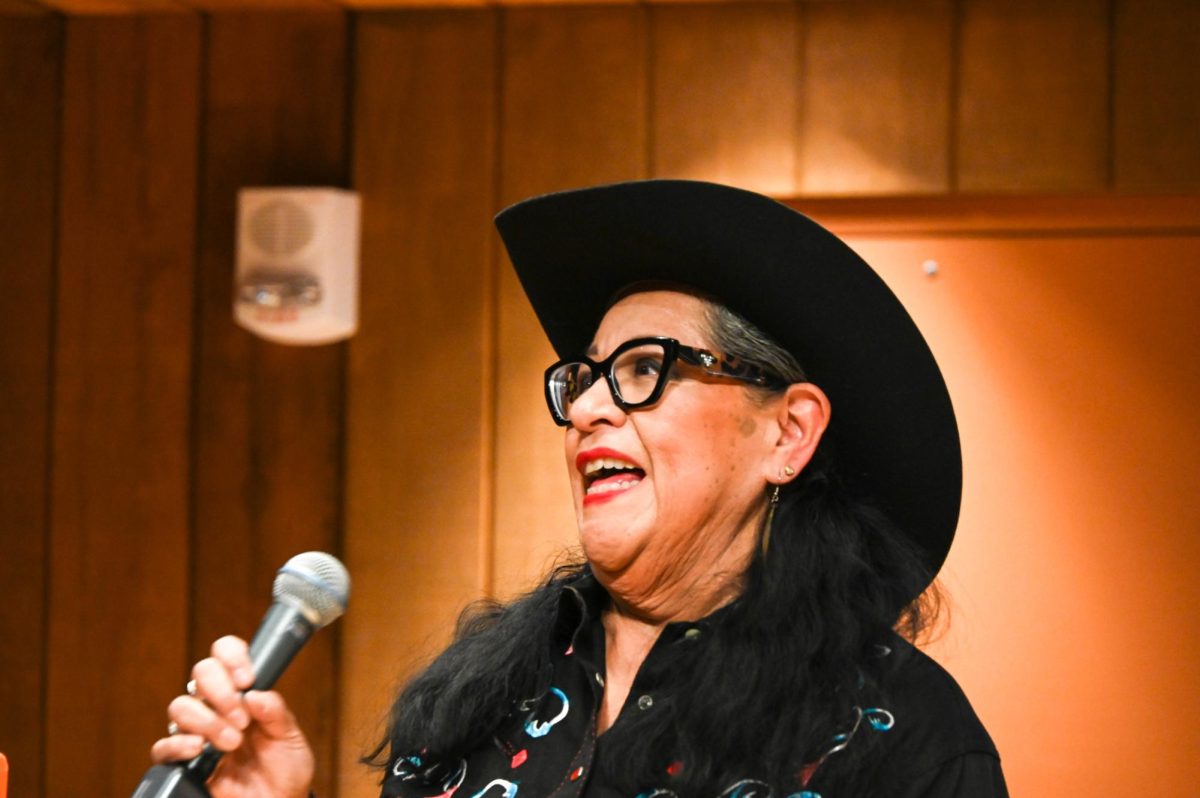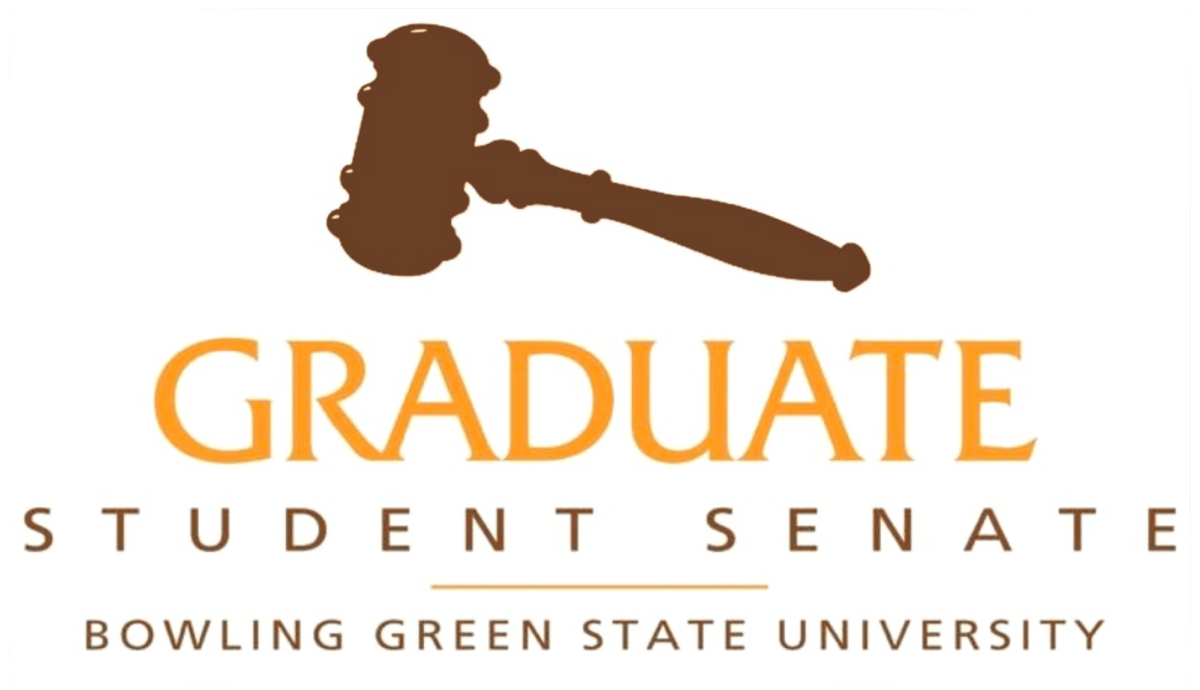On Wednesday, Feb. 12, the Ohio Senate passed Senate Bill 1, which poses multiple new requirements and limitations for public higher education that affect students and faculty. The bill touches on topics including banning faculty discussion of controversial topics, all DEI programs, faculty striking and changes to how faculty are evaluated and reviewed.
Although SB1 is technically a new bill, many of the ideas proposed are similar to those of SB83, which was first introduced in March of 2023. Although SB83 was passed in the Senate, it was not passed in the House. Senator Jerry Cirino, who is currently serving his second term in the Ohio Senate, was the primary sponsor for both bills.
Dr. David Jackson, a political science professor at BGSU and the president of BGSU’s Faculty Association, said SB1 could really change how universities are structured.
“[This bill] would ban collective bargaining over faculty evaluations, it would ban faculty evaluation over post-tenure review, it would ban negotiations over retrenchment… it will attempt, allegedly, to protect academic freedom,” Jackson said. “There are 100 unfunded mandates in the bill. So there are 100 things that require universities to do but provide no additional funding for. So this could open up the floodgates.”
The bill addresses the discussion of controversial topics and calls for faculty to let students form their own opinions without any additional input.
According to The Ohio Senate official page, Cirino stated, “It is essential for students to learn how to think rather than what to think, and how to listen to opposing views with a respectful but critical ear.”
Cirino also responded to critics of SB1 and, on the Senate page, said a more open forum classroom will make classrooms better.
“Critics who claim the bill promotes censorship have it exactly backwards. Senate Bill 1 will allow students to exercise their right to free speech without threat of reprisal by professors or administrators. It will permit the marketplace of ideas to flourish, which is the ideal environment for any educational institution,” Cirino said.
Jackson said supporters of SB1 like Cirino make decisions about college classrooms without having a full idea of what it’s actually like.
“I think there is a misimpression by a lot of people who don’t have any knowledge whatsoever of what actually goes on at places like BGSU: that a bunch of our classes are just informal debates about contemporary problems in the U.S., or Ohio, or the world, when in fact the overwhelming majority of our classes are professionals teaching in their area of expertise, on subjects that may or may not relate at all to what’s going on in contemporary politics,” Jackson said.
According to Jackson, the vagueness of this limitation can cause faculty to unknowingly run into issues on what they can and cannot say to students regarding “controversial beliefs” which, according to SB1, means “any belief or policy that is the subject of political controversy, including issues such as climate policies, electoral politics, foreign policy, diversity, equity, and inclusion programs, immigration policy, marriage, or abortion.” This policy makes it difficult to tell students they are incorrect on any facts that fall into these categories.
The bill also calls for intellectual diversity in higher education, referring to having a wide range of perspectives on public policy issues. Jackson argued this is already present at BGSU.
“We are all for intellectual diversity and we would make the argument that we already practice intellectual diversity. Students even have the right to be wrong about factual things, but they also then have the right to experience the consequences of being wrong about factual things,” Jackson said.
Additionally, SB1 bans all DEI programs and prohibits faculty from authorizing or engaging in DEI training. DEI includes services for people with disabilities, veterans, ethnic minorities and marginalized groups, so the banning of these programs impacts a wide variety of students and faculty.
In a statement on the Senate website, Cirino said removing DEI programs will give all students the same opportunities for success.
“We want every student in Ohio, regardless of race, gender, or religion to be able to pursue their choice of post-secondary education. However, DEI programs are inherently discriminatory and cannot be tolerated or paid for by taxpayers,” Cirino said.
BGSU faculty like Jackson are concerned getting rid of the programs could threaten student success.
“There is something just ugly about that aspect of the bill because the perceived enemies by the authors of the bill are people whose job it is, usually more than 40 hours a week, to recruit and retain students for the university who might not otherwise be able to succeed at BGSU without a little bit of assistance and recognition of need along the way,” Jackson said.
Although DEI programs would be banned, DEI grant funding is still permitted, following approval from the chancellor of higher education. This prevents the loss of millions of dollars in grants.
The bill also bans full-time faculty striking and changes the process of post-tenure review and retrenchment. Jackson said this aspect of the bill is one that worries him the most.
“Of the two aspects that relate to collective bargaining, the prohibition of negotiating over post-tenure review, faculty evaluation and retrenchment is worse than the prohibition on striking. Every time you negotiate a contract, you have to negotiate those topics and prohibiting those topics then prevents there ever being a negotiation about them,” Jackson said. “The open discussion of topics and bargaining forces both parties to come to a reasonable settlement.”
Jackson said this aspect of the bill could also lead to potential abuse of administrative power and termination of university faculty.
“[This bill] makes it possible for the administration to put a faculty member through what they call ‘post-tenure review,’ for any reason that the administration wants to and for the process to go extremely quickly. Going quickly will possibly result in the faculty member’s termination. It creates lots of opportunities for the occasional malevolent administrator to use the process to go after people they don’t like,” Jackson said.
Jackson was first among hundreds of faculty, students and others who submitted opponent testimony for SB1 at the Senate Committee on Higher Education meeting in Columbus on Feb. 11.
“The next stop will be fighting it in the House Higher Ed Committee. Then if it passes the House, lobbying the governor to veto it,” Jackson said.
To clear up the misconceptions regarding this issue, Jackson and the Faculty Association invite supporters of SB1 to come to BGSU and sit in on classes to see what is actually being taught and done on campus. To combat this bill, people can email House members and Ohio’s Gov. Mike DeWine.
BG Falcon Media reached out to university officials but did not receive a comment about SB 1. To read and follow the status of SB1, visit the Senate bill’s web page.




















